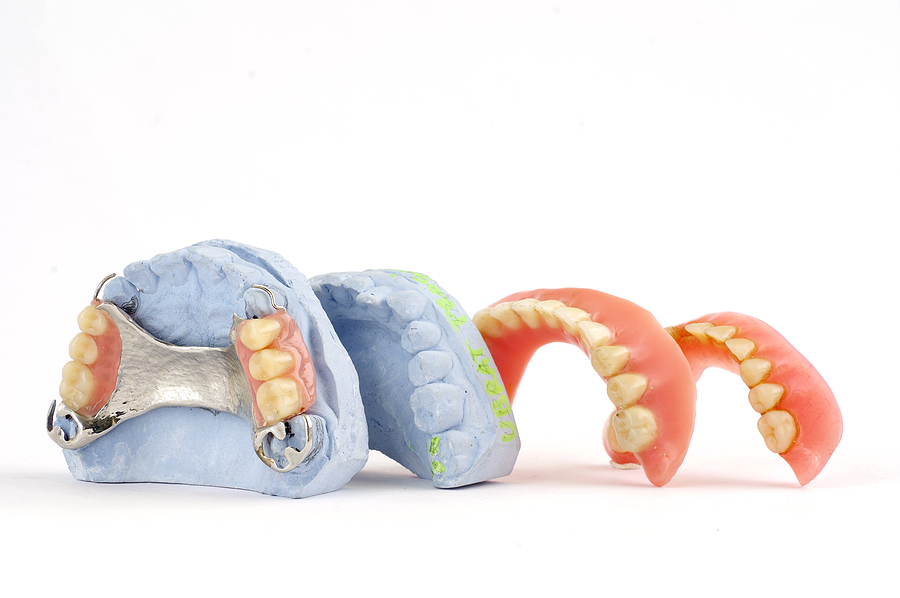![This is a thumbnail image of blog Dental Implants Are the Best Solution for Missing Teeth This is a thumbnail image of blog Dental Implants Are the Best Solution for Missing Teeth]()
Dental Implants Are the Best Solution for Missing Teeth
Nov 22, 2023![Dental Checkup in Roslyn and New York, NY Dental Checkup in Roslyn and New York, NY]()
Importance of Regular Dental Checkups: Your Path to a Healthy Smile
Apr 28, 2024![This is a thumbnail image of blog Comprehensive Guide to Dentures and Partial Dentures in New York, NY This is a thumbnail image of blog Comprehensive Guide to Dentures and Partial Dentures in New York, NY]()
Comprehensive Guide to Dentures and Partial Dentures in New York, NY
Jul 05, 2024![This is a thumbnail image of blog Caring for Your Child's Teeth: Tips for Parents on Establishing Good Oral Hygiene Habits Early This is a thumbnail image of blog Caring for Your Child's Teeth: Tips for Parents on Establishing Good Oral Hygiene Habits Early]()
Caring for Your Child's Teeth: Tips for Parents on Establishing Good Oral Hygiene Habits Early
Dec 27, 2024![Dental Implants in New York, NY Dental Implants in New York, NY]()
The Impact of Dental Implants on Jawbone Health & Facial Structure
Mar 12, 2025

What to Expect After a Root Canal: Common Symptoms and When to Seek Help
A root canal can sound intimidating, but it's a routine dental procedure that can save your tooth from decay and pain. If you've recently undergone this treatment or are considering it, you might be wondering what to expect afterward. Understanding the healing process is crucial for a smooth recovery. From common symptoms to when you should seek help, being informed will empower you during this time. Let's dive into everything you need to know about root canal treatment in Roslyn, NY, and how to navigate the days following your appointment with confidence.
What is a Root Canal?
A root canal is a dental procedure designed to treat infection or damage within the pulp of a tooth. The pulp contains nerves, blood vessels, and connective tissue, playing a crucial role in tooth health.
When decay reaches this inner layer, it can cause severe pain and lead to further complications if left untreated. A root canal removes the infected tissue, allowing your tooth to heal while preserving its structure.
The process typically involves numbing the area around the affected tooth. Your dentist will create an opening in the crown to access the pulp chamber. Once removed, they'll clean and disinfect the space before sealing it with filling material.
This treatment helps alleviate pain and prevents future infections. While many people fear root canals due to misconceptions, modern techniques ensure that they are often no more uncomfortable than getting a standard filling.
How is a Root Canal Treatment In Roslyn, NY Performed?
Root canal treatment in Roslyn, NY, begins with a thorough examination of the affected tooth. The dentist may take X-rays to determine the extent of damage or infection.
Once you're comfortably numbed, the procedure starts with creating an access hole in the crown of your tooth. This allows direct access to the pulp chamber and root canals.
Using specialized instruments, your dentist will carefully remove infected or damaged tissue. They'll clean and disinfect the area to eliminate any bacteria lingering inside.
After cleaning, the empty canals are filled with a biocompatible material called gutta-percha. This seals off any pathways that could lead to future infections.
A temporary filling is placed over the access hole until a permanent restoration can be made. This ensures protection while your tooth heals from within.
Common Symptoms After a Root Canal
- After a root canal, it's common to experience some discomfort. Many patients feel mild pain or sensitivity in the treated area. This is usually manageable with over-the-counter pain relievers.
- Swelling around the gums might also occur. While slight swelling is normal, it typically subsides within a few days. Keeping your head elevated can help minimize this effect.
- You may notice changes in sensation as well. Some people report temporary numbness due to anesthesia used during the procedure.
- It's important to monitor any unusual symptoms like persistent throbbing or fever. These could indicate an infection or complication that requires attention.
Remember, everyone, heals differently, so listen to your body and take note of how you feel post-treatment. Call us to learn more.
When to Seek Help
After a root canal, it's important to monitor your symptoms closely. While some discomfort is normal, certain signs may indicate the need for professional help.
If you experience severe pain that doesn't improve with over-the-counter medication, don't hesitate to reach out to your dentist. Persistent or worsening pain could signal an infection or complication.
Swelling around the treated area can also be concerning. If swelling increases or spreads beyond the immediate vicinity of the tooth, it's wise to get checked out promptly.
Another red flag is if you notice any unusual discharge from the site. This might suggest an issue that requires immediate attention.
If you have difficulty opening your mouth or feel feverish after treatment, consult with your dental care provider without delay. Timely intervention can prevent further complications and ensure a smoother recovery process.
Tips for Recovery
- After your root canal treatment, it's essential to prioritize recovery. Begin by closely following your dentist's post-procedure instructions. This ensures proper healing and minimizes discomfort.
- Stay hydrated and maintain a balanced diet. Soft foods will be easier to manage while you heal. Think yogurt, smoothies, or mashed potatoes—these are gentle on the mouth.
- Pain management is key too. Over-the-counter pain relievers can help control any discomfort you may feel in the first few days. Always consult with your dentist regarding medication dosages.
- Rest is vital! Make sure to give yourself enough downtime for optimal recovery. Avoid strenuous activities that could stress your body during this period.
- Keep an eye out for unusual symptoms like excessive swelling or prolonged pain. If anything feels off, don't hesitate to reach out to your dental provider for guidance.
Follow-up Care and Aftercare
After a root canal, follow-up care is crucial for ensuring optimal healing. Your dentist in New York will likely schedule a follow-up appointment within a few weeks to check on your progress.
During this visit, they'll assess the treatment site for any signs of infection or complications. It's essential to keep this appointment. Regular monitoring can help catch issues early.
At home, maintaining good oral hygiene is vital. Gently brush and floss around the treated tooth as recommended by your dentist. Avoid hard foods that could stress the area while it heals.
If you experience persistent pain or swelling beyond what was expected, don't hesitate to contact your dental professional. They may advise additional treatments or adjustments to ensure complete recovery.
Remember, listening to your body plays an important role in aftercare too. Pay attention to how you feel and give yourself time and care during recovery.
Conclusion
After undergoing root canal treatment, it's essential to understand what comes next. Recovery can vary from person to person, but being informed about common symptoms and care practices will help ease your journey.
Root canal treatment is designed to save a tooth that is damaged or infected. It involves removing the pulp inside the tooth, cleaning it out, and sealing it to prevent future issues. This procedure often alleviates pain and helps preserve your natural tooth structure.
In Roslyn, NY, this treatment is performed with precision and care. Dentists utilize modern technology and techniques to ensure patient comfort throughout the process. Local anesthesia minimizes any discomfort during the procedure itself.
Once you've had a root canal, you may experience some typical symptoms, such as sensitivity in the treated area or mild swelling in your gums. These sensations are generally normal post-treatment responses but should gradually decrease over time.
Follow-up appointments play an important role in ensuring everything heals correctly post-root canal treatment in Roslyn, NY. Your dentist will check on your progress and address any concerns you might have during these visits.
Being aware of what comes next allows patients to manage expectations effectively following their root canal procedures while promoting optimal recovery outcomes through proper care strategies tailored to individual needs.
So go ahead – take that first step towards achieving the smile you've always wanted! To learn more about our dental services, visit us at 1044 Northern Blvd., Suite 106, Roslyn, New York 11576 or call our office at (516) 625-0088.
Locations
630 5th Avenue Suite 1815, New York, New York 10111
Phone: (212) 969-9490
Email: info.nyc@toothdocsdental.com
- MON - FRI9:00 am - 5:00 pm
- SAT9:00 am - 4:00 pm
- SUNClosed
1044 Northern Blvd., Suite 106, Roslyn, New York 11576
Phone: (516) 625-0088
Email: info.roslyn@toothdocsdental.com
- MON9:00 am - 6:00 pm
- TUE9:00 am - 5:00 pm
- WED9:00 am - 6:00 pm
- THU - FRI9:00 am - 5:00 pm
- SAT - SUNClosed














comments